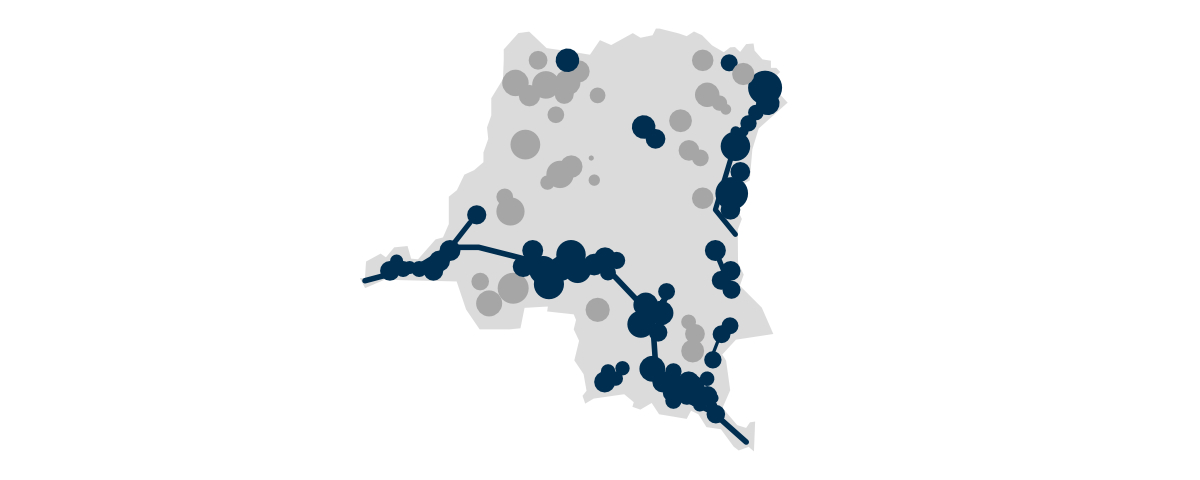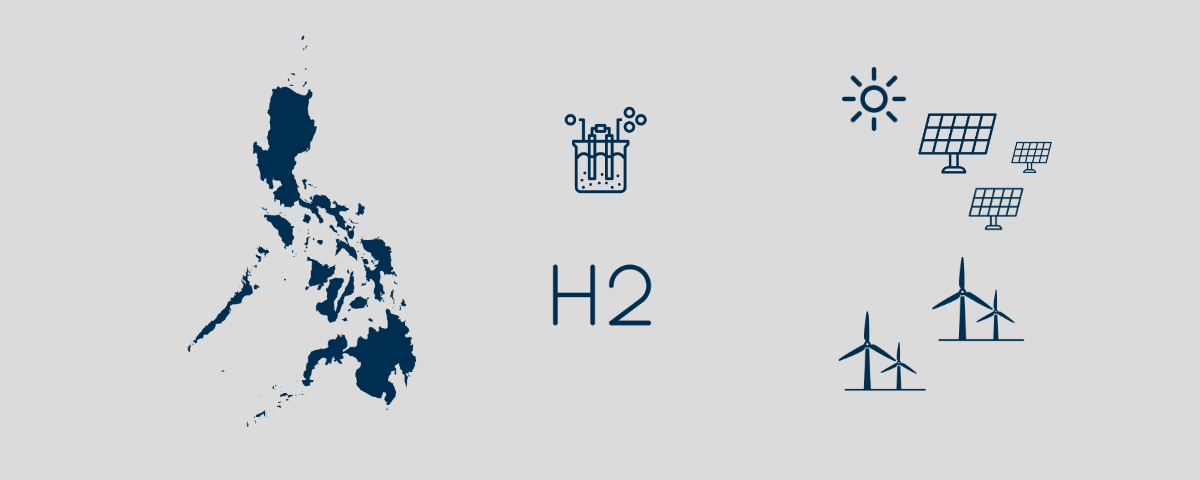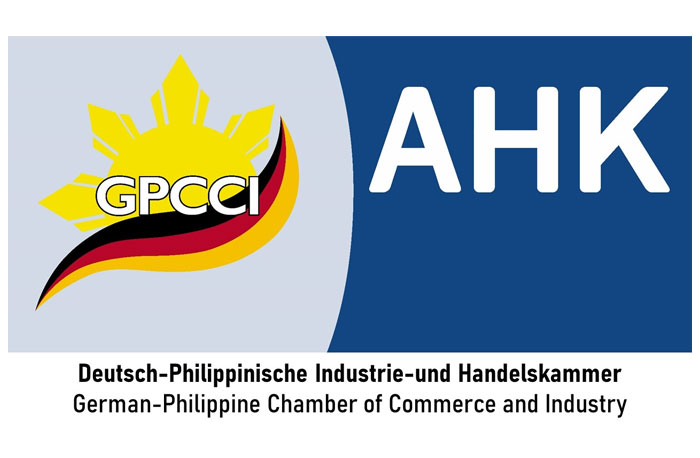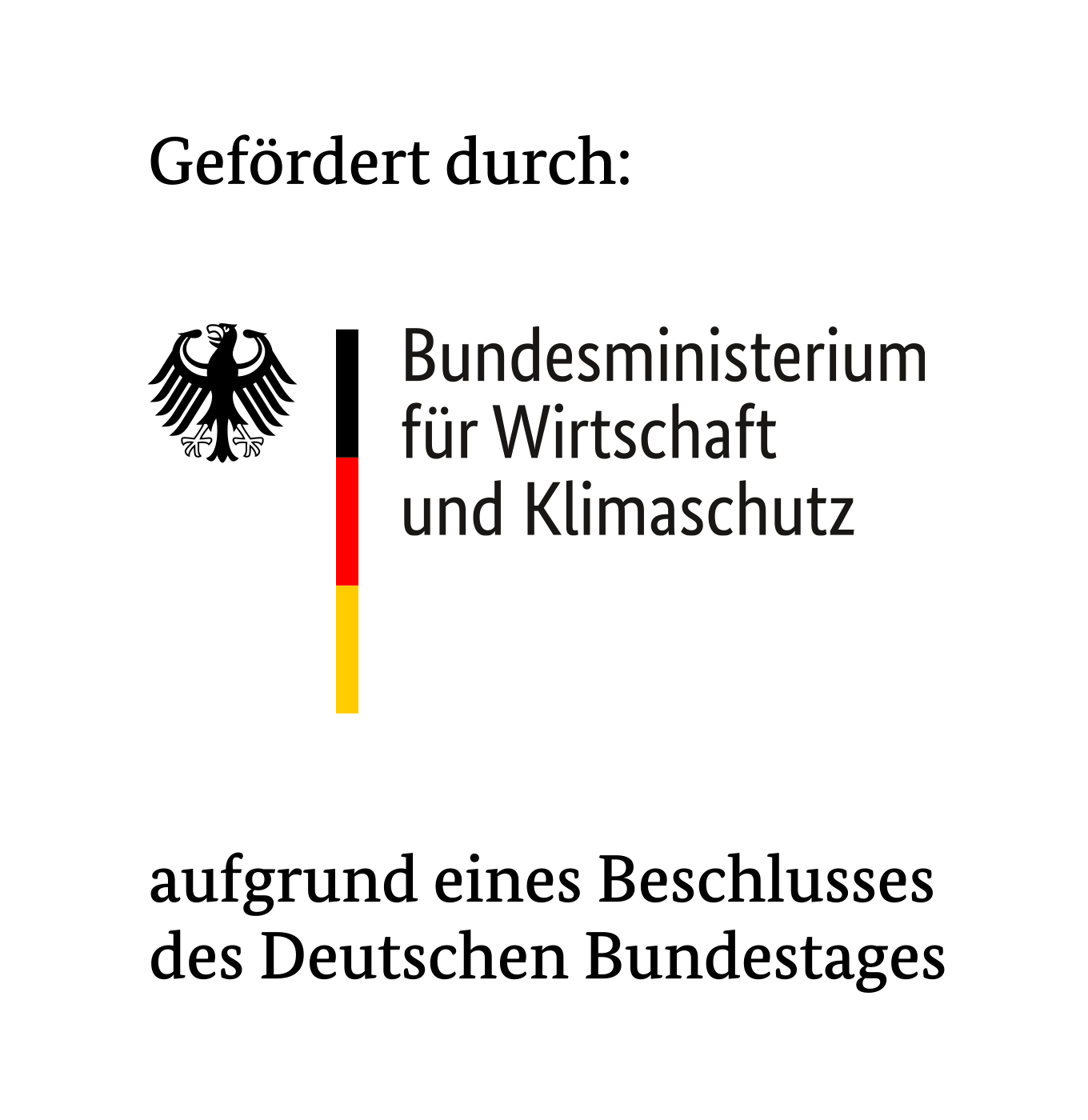Final report open_BEA: Open Battery Models for Electrical Grid Application (Kucevic et. al 2022)
7. August 2023
Electrification tool for the DR Congo – Phase 3
14. August 2023GreenH2 Philippines – Feasibility study on the integration of green hydrogen technology in off-grid areas in the Philippines

In this project, RLI scientists are investigating how hydrogen technology can be integrated into the Philippines' electricity system. Hydrogen will be used as an energy storage medium to make the islands' power system more sustainable. To this end, the project team is conducting a technical and economic analysis of off-grid energy systems, formulating recommendations for action and planning public relations work.
Mini-Grids for power supply on the islands
Mini grids, also known as micro grids or island grids, are local and self-contained power grids. In the Philippines and other islands, they supply electricity to several households or businesses and can use different energy sources such as solar energy, wind energy, hydropower or diesel generators.
Hydrogen as a storage option for surplus electricity
The project team is investigating whether hydrogen can serve as a storage facility for surplus electricity in the Philippines. Currently, the electricity system on the islands consists of a combination of different mini-grids that use different types of power generation. This combination helps to balance seasonal or weather-related effects. Since renewable energy generation fluctuates, corresponding plants cannot provide a constant amount of electricity at any time of the day or year. In such cases, diesel generators often serve as a backup to bridge gaps in supply.
In order to run a mini-grid on 100 percent renewable energy, the diesel plants must be replaced as backups. This can be done by other green energy sources or by batteries. They supply the grid with electricity when generation is lower than demand. In addition to conventional lead-acid or lithium batteries, hydrogen can also be used to store energy. In this process, excess energy is stored in the form of hydrogen and oxygen through electrolysis. This hydrogen can be used to generate electricity with the help of a fuel cell. It serves as a new back-up when renewable energy supply is low.
RLI open-source tool for simulation and optimization
The RLI has developed an open-source program called MVS-Tool. It allows simulation and optimization of multivector energy systems and already includes information about the existing energy system, such as energy plants, consumption data and economic data. The project team uses it to develop a suitable design for a mini-grid energy system considering hydrogen technology (electrolyzer, storage, fuel cell). It includes the recommended capacities of the plants, their operation, and the subsequent economic and technical performance of the system.
Project period: March 2023 - November 2023
Mini-Grids for power supply on the islands
Mini grids, also known as micro grids or island grids, are local and self-contained power grids. In the Philippines and other islands, they supply electricity to several households or businesses and can use different energy sources such as solar energy, wind energy, hydropower or diesel generators.
Hydrogen as a storage option for surplus electricity
The project team is investigating whether hydrogen can serve as a storage facility for surplus electricity in the Philippines. Currently, the electricity system on the islands consists of a combination of different mini-grids that use different types of power generation. This combination helps to balance seasonal or weather-related effects. Since renewable energy generation fluctuates, corresponding plants cannot provide a constant amount of electricity at any time of the day or year. In such cases, diesel generators often serve as a backup to bridge gaps in supply.
In order to run a mini-grid on 100 percent renewable energy, the diesel plants must be replaced as backups. This can be done by other green energy sources or by batteries. They supply the grid with electricity when generation is lower than demand. In addition to conventional lead-acid or lithium batteries, hydrogen can also be used to store energy. In this process, excess energy is stored in the form of hydrogen and oxygen through electrolysis. This hydrogen can be used to generate electricity with the help of a fuel cell. It serves as a new back-up when renewable energy supply is low.
RLI open-source tool for simulation and optimization
The RLI has developed an open-source program called MVS-Tool. It allows simulation and optimization of multivector energy systems and already includes information about the existing energy system, such as energy plants, consumption data and economic data. The project team uses it to develop a suitable design for a mini-grid energy system considering hydrogen technology (electrolyzer, storage, fuel cell). It includes the recommended capacities of the plants, their operation, and the subsequent economic and technical performance of the system.
Project period: March 2023 - November 2023
The RLI fulfils the following tasks in the project:
- Further development of RLI's internal multi-vector simulation tool for optimal power system design.
- Selection of suitable off-grid sites (with stakeholder input into the decision-making process)
- Implementation of a technical-economic modeling for hydrogen integration
- Creation and modeling of future scenarios - including business as usual - based on site-specific parameters
- Conducting a sensitivity analysis based on key parameters
- Conducting several stakeholder workshops








